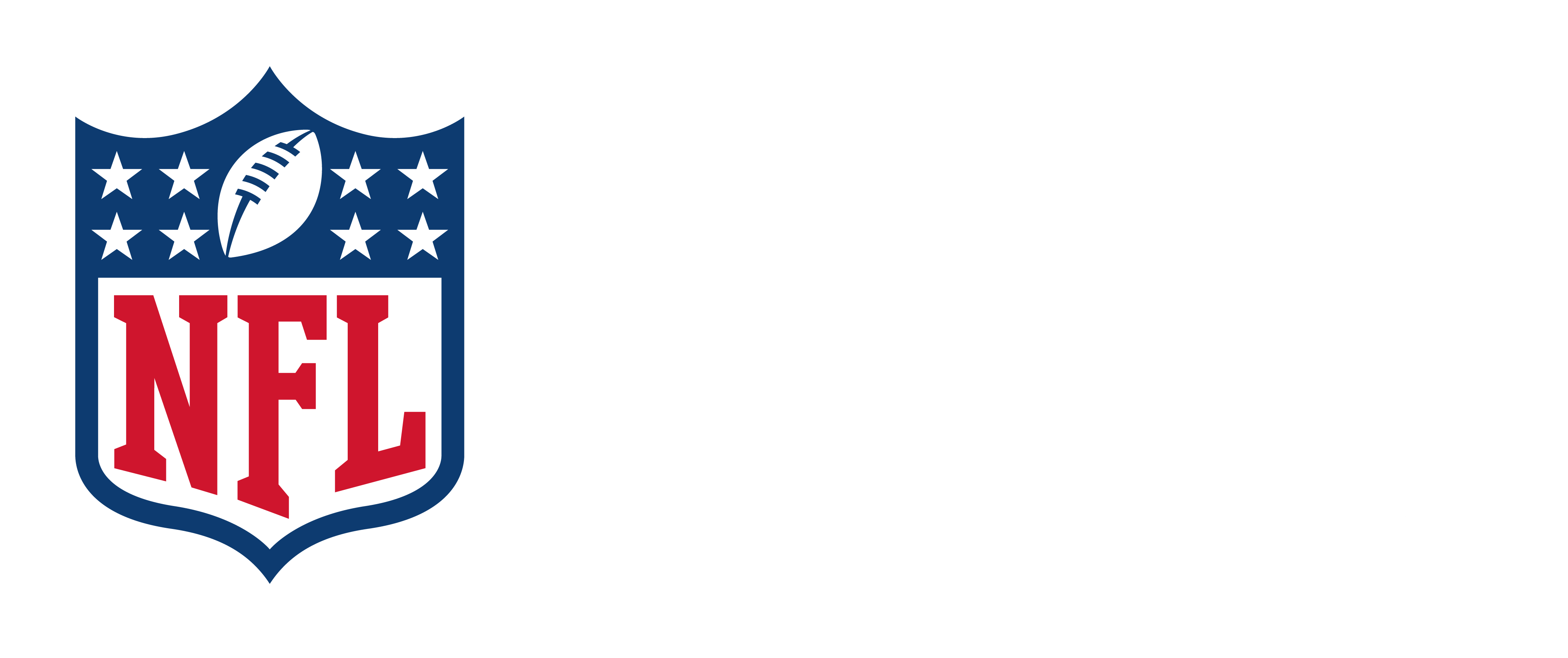Back in Michael Robinson's playing days, players did not tell their teammates they loved them. Robinson, who logged eight NFL seasons as a fullback for the 49ers and Seahawks, had long been interested in spirituality and ancient philosophies, and he had noticed that the majority of successful players had made it despite coming from environments that would discourage them. They had done so by having a positive attitude regardless of their environment, Robinson thought, and it made him realize the importance of mental health to an athlete's success.
On Tuesday, the NFL is launching a series of videos in support of Mental Health Awareness Month. Robinson introduces the series -- which attempts to reach players, fans and the general public about prioritizing mental health and wellness -- with a video where he talks about the need for compassion and patience.
"I hope to reach some of the older people that say young people are being punks or being soft for expressing their feelings," Robinson said. "I hope to address that old culture of what being a man is. I grew up in that culture, and it created some trauma in my life. I'm learning from my kids how to open up. I'm learning how to talk to my wife about things. It's such a macho environment. I have to be tough. I'm invincible, nothing can break me down. That same person who appears to be invincible could be crying at night but scared to talk about it."
Among active players who made videos for the project are Solomon Thomas (who speaks about his own depression and anxiety following his sister's death by suicide), Joey Bosa (who says he only used to focus on physical well-being) and Ali Marpet (who expresses how he's learned to prioritize having a support system).
That current players are talking about their own experiences represents a breakthrough in a league where the fear of creating a distraction has been a powerful deterrent to players seeking help. The NFL Players Association and NFL teams offer mental health services for players, although the quality and breadth of the services is not uniform across all teams. And only in the last few years have more players felt comfortable acknowledging publicly that they might need those services in the first place.
This month, the Indianapolis Colts have begun a sweeping campaign called "Kicking the Stigma" designed to address the reluctance and shame that often accompany mental health issues. On Monday night, a roundtable of players, hosted by Carson Daly of NBC's TODAY show, talked about their own mental health issues and encouraged people to seek support. And during last week's Draft-A-Thon, prioritizing mental health was among the four pillars of pandemic recovery that the NFL raised money to support. It raised money for Mental Health America, a non-profit to support pandemic recovery in the hardest hit communities. Robinson said he and Deion Sanders talked during the Draft-A-Thon about how they never heard teammates say they loved each other.
"Traditionally, the emotions men are allowed to show are anger and happiness and nothing in between," said Dr. Nyaka NiiLampti, NFL Vice President of Wellness and Clinical Services. "There have been a lot of conversations around toxic masculinity and a recognition of how much healthier it is to bring all of you to the work you do. To not be able to address that piece leaves them half there. I think it is a societal shift."
NiiLampti said research has made it clear that for optimal performance, on and off the field, players have to make sure they are focusing intentionally on all aspects of wellness. Traditionally, sports performance has been viewed only through the lens of physical health, but NiiLampti said the sports world has finally gotten to a point where it is willing to have conversations around other aspects of wellness.
The videos were taped in October and players were asked to participate based on organizations they chose to support during the My Cause My Cleats annual campaign. The pandemic, ironically, may have helped to further open the dialogue among players and the general public because it has normalized the idea that everyone has struggled in the last year, and everyone needs help.
NiiLampti said that despite the greater attention paid to mental health, there are still some hurdles to overcome. Mental health and mental illness have become synonymous, but they are not. Mental health is on a continuum, NiiLampti said, and depending on the day and circumstance, a person will be in a different spot on that continuum. Older players and coaches might still feel the stigma around needing help. Younger players may have already grown comfortable with mental health services provided at college, but they may think they need help only in a time of crisis. NiiLampti said she hopes to make them understand you don't have to be in crisis and can be intentional about protecting your mental well-being. And she hopes the initiative will help demystify counseling and mental health treatment.
"I have a player, he'll say things like you work with a strength and conditioning coach, do the same thing with a nutritionist, why not take that approach with your mind," NiiLampti said. "If you can work with someone who specializes in how to optimize your performance from a mental side, why would you not do that? You end up with a better player on the field and you end up with a better person."
Follow Judy Battista on Twitter.













